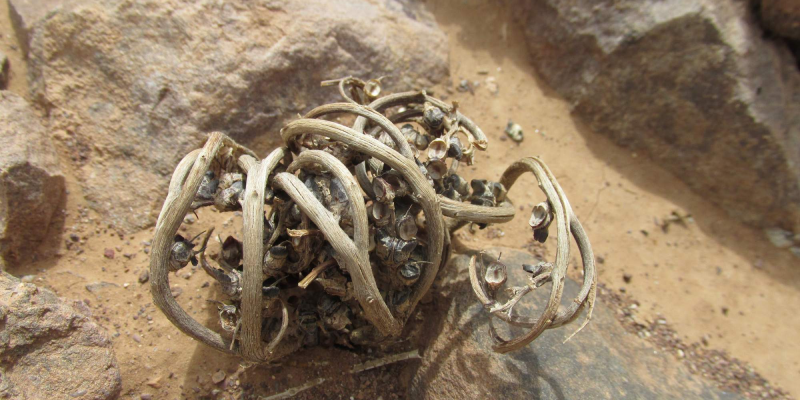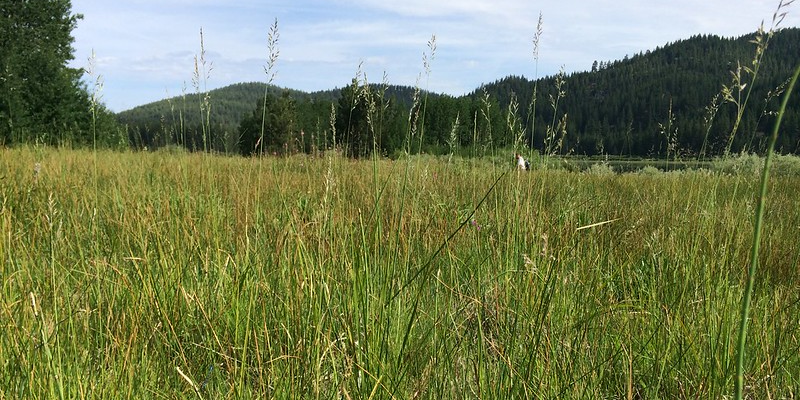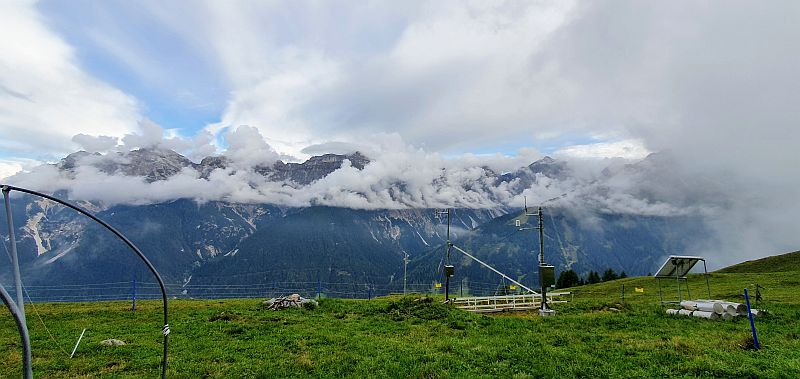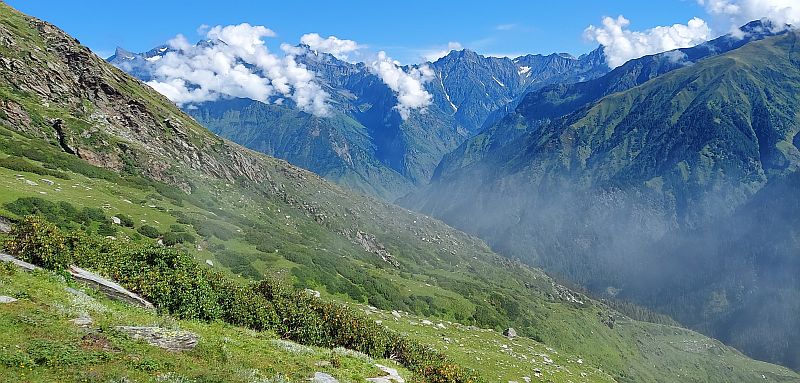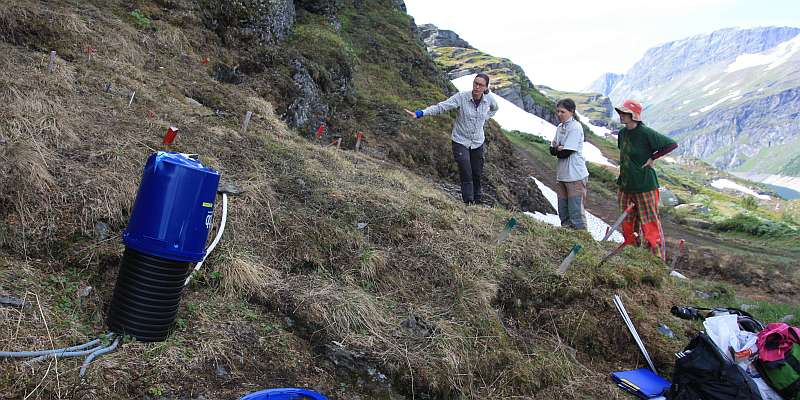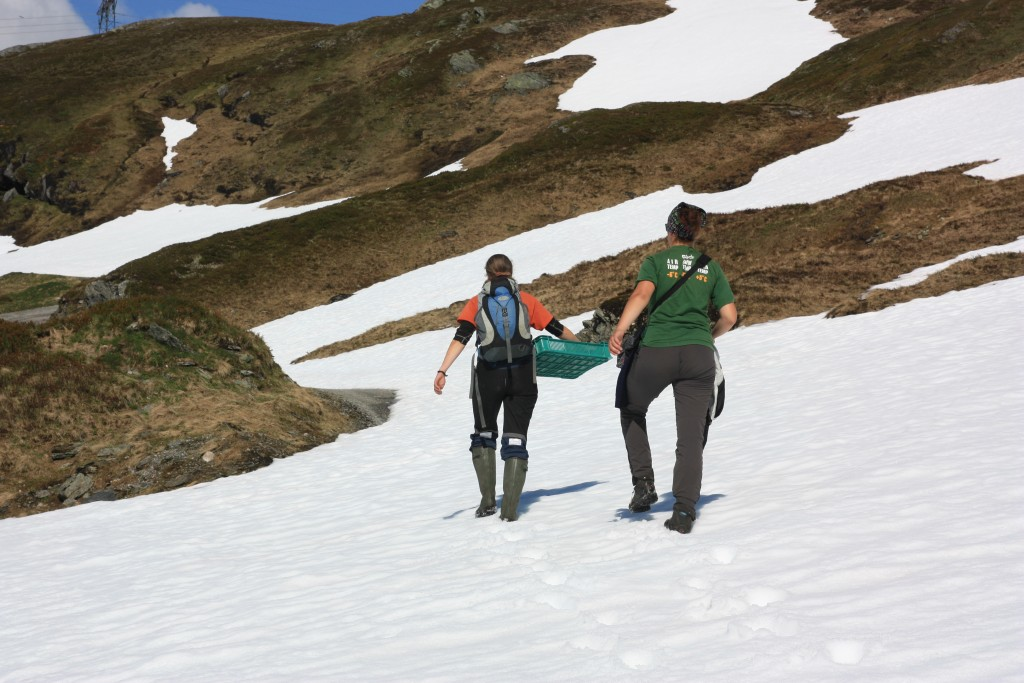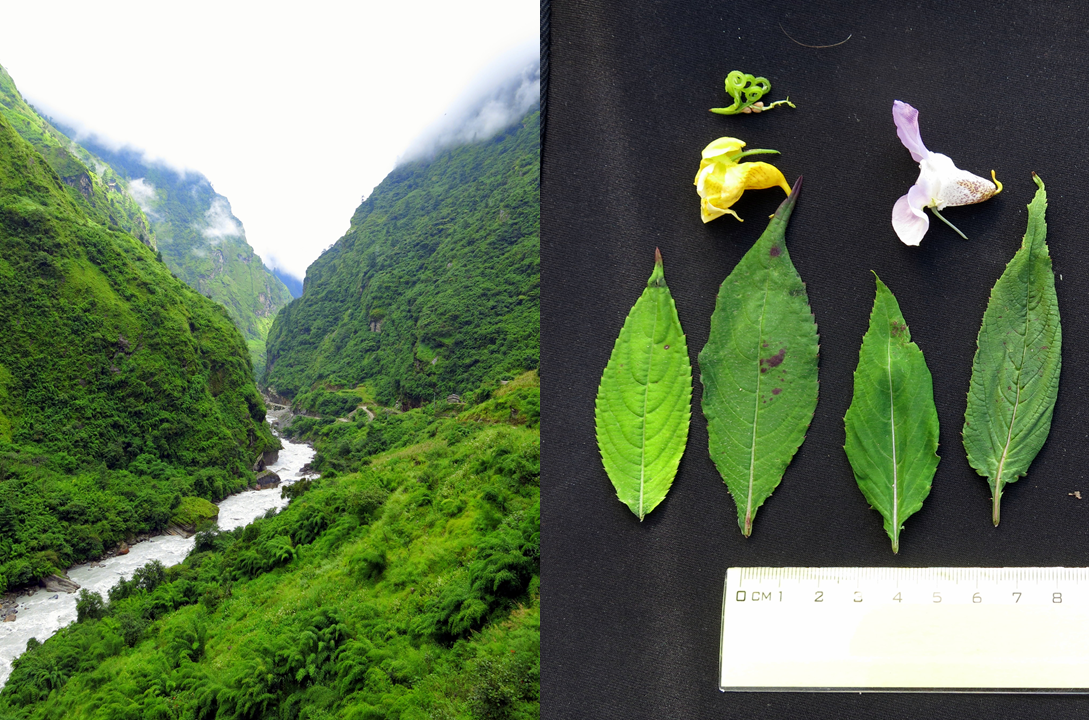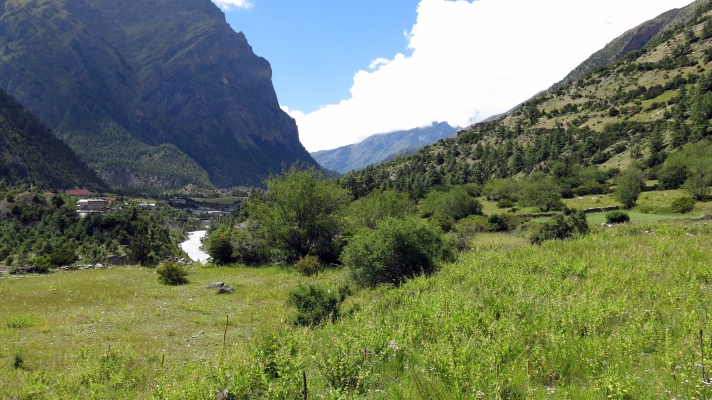02. Species adaptation to climate change
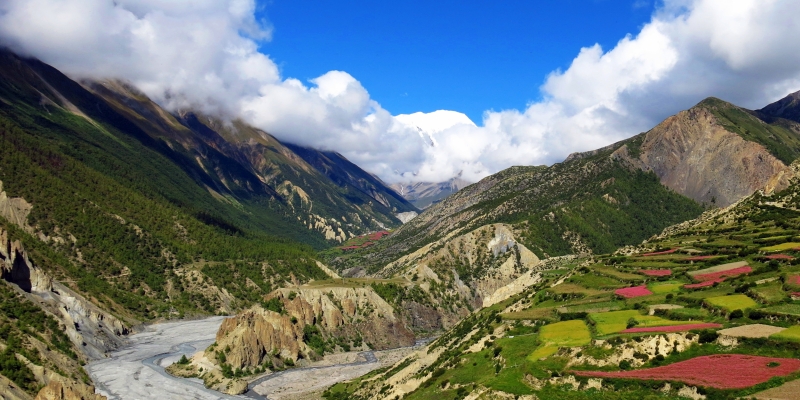
Species adaptation to climate change
Climate change represents one of the greatest challenges for natural plant and animal populations. We study how the plants are able to face novel climatic conditions. We explore to what extend plants are able to respond to climatic variation by plastic responses and by genetic and epigenetic differentiation. We are also interested in how the plant performance in novel climates is affected by changes in plant-animal interactions as these interactions are expected to be strongly modified by climate change. We are using a climate grid of independent sharp temperature and precipitation gradients in western Norway and long elevation gradients in Himalayan mountain range as study systems. We closely collaborate with the Ecological and Environmental Change Research Group of the University of Bergen, Norway.Projects:
Recent papers on species adaptation to climate change
Florianová A, Münzbergová Z (2025) Climate-driven shifts in plant-soil feedback of a perennial grass species. Journal of Ecology 1: 126–139. https://doi.org/10.1111/1365-2745.14443 Thakur D, Altman J, Jandová V, Fibich P, Münzbergová...
Long and short-term species response to aridification using the true Rose of Jericho as a model
Understanding consequences of aridification is fundamental to predict evolutionary responses of species to ongoing climate change. We aim to identify evolutionary patterns and processes in response to aridification in annual...
read more...ClimBioMemo: Understanding cold acclimation as a key process affecting species survival under changing climate (2024-2025)
Climate change will alter cold acclimation, a key process enabling plant winter survival in cold regions. This can consequently have adverse effects on plant population persistence. In this project, we...
read more...The importance of plant-soil interactions for plant response to ongoing climate change (2022-2024)
We aim to reveal whether plant-soil interactions affect plant responses to changing climate by studying interplay between climate, soil biota and plant adaptations in plant-soil feedback interactions. We use Festuca...
Zuzana Münzbergová, Dina in’t Zandt, Tomáš Dostálek, Vít Latzel, Věroslava Hadincová, Zuzana Kolaříková, Anna Aldorfová, Eliška Kuťáková, Mária Šurinová
Functional differentiation in response to environmental variability in two shrub line species of high-altitude Himalaya (2021-2023)
Funded from the European Union’s Horizon 2020 research and innovation programme under the Marie Sklodowska-Curie actions The major aim of the proposal is to obtain novel insights into the ability...
read more...Can long-lived species experience rapid evolution in response to changing climate? (2019-2021)
Rapid evolution is potentially important mechanism of species ability to adapt to novel climates. We aim to identify signs of rapid evolution in response to novel climates in long-lived clonal...
read more...The role of genetic and epigenetic changes and trait variation in adaptation of a clonal plant to changing climate
We aim to understand the ability of species to adapt to a changing climate using data on genetic and epigenetic patterns and range of morphological and physiological traits and susceptibility...
Zuzana Münzbergová, Věroslava Hadincová, Jana Knappová, Hana Skálová
Variability in plant traits as a tool to cope with climate change – from phenotypes to genes and back again (2017-2019)
The aim of our project is to understand species ability to adapt to changing climate using Impatiens species growing on a long elevation gradient in Nepal. Using experiments in a...
Zuzana Münzbergová, Maan Rokaya, Tomáš Dostálek, Mária Šurinová, Hana Skálová, Jan Čuda, Zuzana Líblová, Andrea Paulů
Effect of climate change on plant-herbivore interactions along and elevational gradient in the Himalayan region (2013-2015)
Effects of climate change at high altitudes are expected to be more adverse in near future. In response to climate change, many organisms will have to move to higher elevations...
read more...


